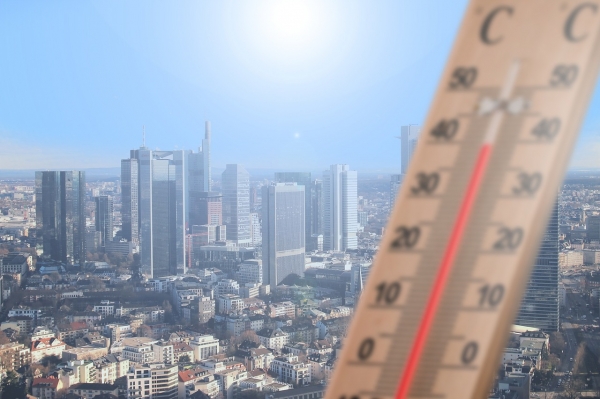Texans have long endured scorching summer temperatures, so a global warming increase of about 3 degrees Fahrenheit (1.5 Celsius) might not sound like much to worry about.
Texans have long endured scorching summer temperatures, so a global warming increase of about 3 degrees Fahrenheit (1.5 Celsius) might not sound like much to worry about.
But a new study concludes that the heat index — essentially how hot it really feels — has increased much faster in Texas than has the measured temperature: about three times faster.
That means that on some extreme days, what the temperature feels like is between 8 and 11 F (5 to 6 C) hotter than it would without climate change.
The study, using Texas data from June, July and August of 2023, highlights a problem with communicating the dangers of rising temperatures to the public. The temperature alone does not accurately reflect the heat stress people feel. Even the heat index itself, which takes into account the relative humidity and thus the capacity to cool off by sweating, gives a conservative estimate of heat stress, according to study author David Romps, a professor of earth and planetary science at the University of California, Berkeley.
Read more at University of California - Berkeley
Photo Credit: geralt via Pixabay




